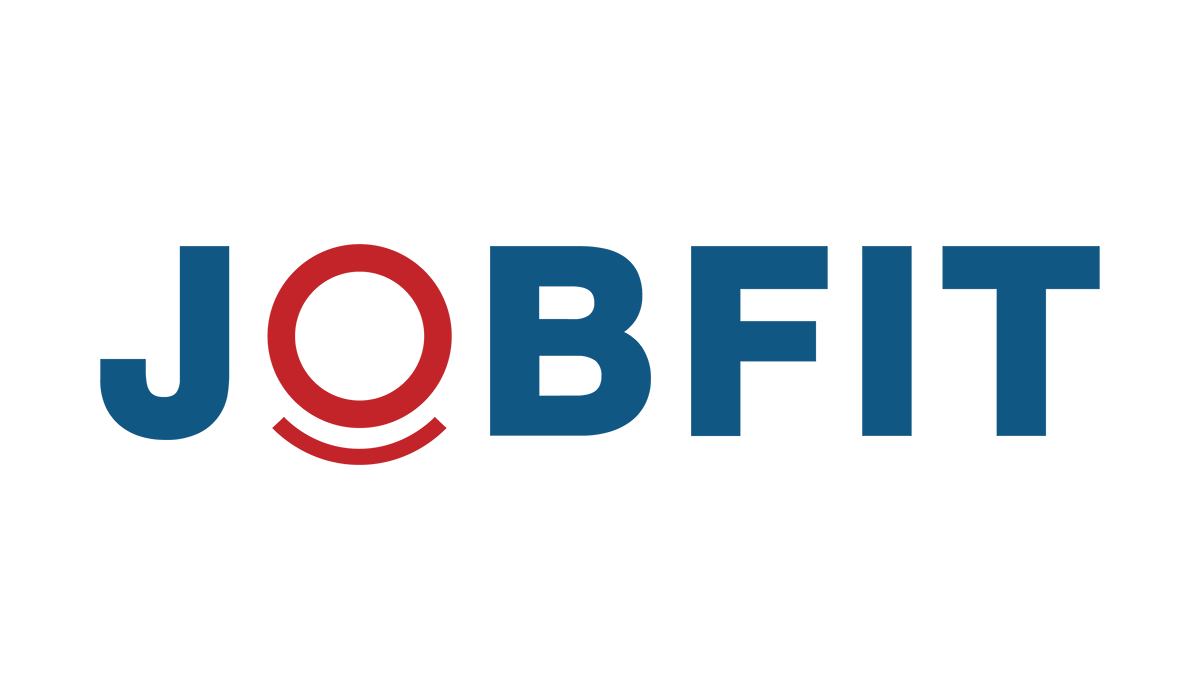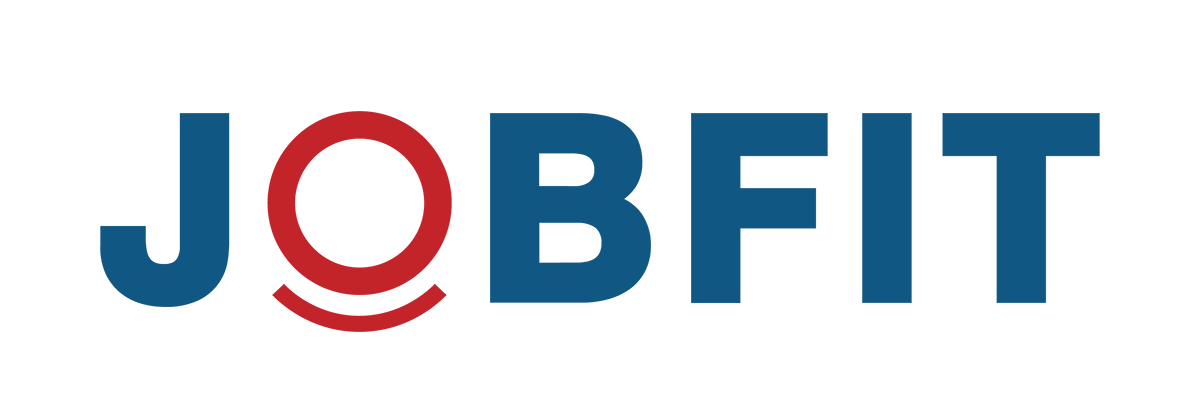Workplace mental health conditions are one of the costliest forms of workplace injury. Data shows that in 2022, mental ill-health led to significantly more time off work and higher compensation payments, than physical injury or disease.
To help employers achieve the standards of work psychosocial health and safety required under the WHS Act, and identify and manage psychosocial risks, Safe Work Australia has released a new Code of Practice relating to managing psychosocial hazards at work.
Effectively managing the risk of psychosocial hazards protects workers and decreases the disruption associated with staff being absent. In turn, organisational performance and productivity are enhanced.
It’s crucial for employers to know their responsibilities and obligations under the new Code of Practice. Employers can then develop protocols and policies for managing mental health in the workplace, from the pre-employment phase through to long term staff members.
To get you started, we’ve summarised some of the key areas of the new Code of Practice.
What are psychosocial hazards?
Psychosocial hazards are hazards that may cause psychological and physical harm.
They can arise from:
- The design or management of work
- The working environment
- ‘Plant’ ie; machinery, equipment, appliances, containers, implements and tools
- Workplace interactions and behaviours
How do psychosocial hazards cause harm?
When a worker perceives the demands of their work to exceed their ability to cope, this can cause a stress reaction in their body.
Stress causes the body to release adrenaline and cortisol, raising the heart rate and blood pressure, boosting glucose levels in the bloodstream and diverting energy from the immune system to other areas of the body.
Stress itself is not an injury but if it becomes frequent, prolonged or severe it can cause psychological and physical harm.
Some psychosocial hazards are a risk even if the worker is exposed to the possibility of the hazard arising.
Examples of psychosocial hazards
Psychosocial hazards can present differently for each person and each workplace, but the most commonly identified hazards include:
- Job demands
- Low job control
- Poor support
- Lack of role clarity
- Poor organisational change management
- Inadequate reward and recognition
- Poor organisational justice
- Traumatic events or material
- Remote or isolated work
- Poor physical environment
- Violence and aggression
- Harassment including sexual harassment
- Conflict or poor workplace relationships and interactions
Consultation is key
Under the WHS Act, a person conducting a business or undertaking (PCBU) must consult with workers who are (or are likely to be) directly affected by a work health and safety matter.
The Code of Practice advises: “Effective consultation with workers improves decision-making about health and safety matters and assists in reducing work-related injuries and illness. Workers can identify tasks or aspects of their work that cause or expose them to psychosocial hazards and may have practical suggestions or potential solutions to address those hazards. For example, workers may have ideas to improve work design to minimise the risks of psychological harm.”
The code sets out an employee’s obligation to consult with workers when assessing risks or making decisions about the psychosocial risks to health and safety including what control measures are implemented.
What PCBU’s must do
The Code of Practice states that: “A PCBU must ensure, so far as is reasonably practicable, workers and other persons are not exposed to risks to their psychological or physical health and safety. A PCBU must eliminate psychosocial risks in the workplace, or if that is not reasonably practicable, minimise these risks so far as is reasonably practicable.
Officers, such as company directors, have a duty to exercise due diligence to ensure the PCBU complies with its duties under the WHS Act and WHS Regulations.”
Workers have responsibilities too
The Code of Practice states that: “Workers must take reasonable care for their own psychological and physical health and safety and to not adversely affect the health and safety of other persons. Workers must comply with reasonable health and safety instructions, as far as they are reasonably able, and cooperate with reasonable health and safety policies or procedures that have been notified to workers.”
How Jobfit can help
When conducting pre-employment assessments for candidates entering a role where there is potential for psychosocial risk, Jobfit includes either:
- a K10 questionnaire as well as follow up with the candidate’s treating doctor when required.
OR
- a DASS21 questionnaire and follow up with treating doctor when required.
Some employers require a psychometric assessment prior to employment. Where this is required, Jobfit can assist with coordinating these assessments with the appropriate provider.
A psychosocial issue in the workplace falls under the category of injury management. In these events, Jobfit provides a doctor’s consultation for the worker. From here, appropriate referrals and treatment will occur and the thorough processes of injury management are followed.
Learn more about the new Safe Work Australia Code of Practice for psychosocial safety here. For more information about our pre-employment assessments, please contact us.


